Synopsis
Stem cell research raises ethical issues, which makes some people uncomfortable about it, in spite of the potential benefits.
- Programme: i-Science
- Channel: BBC Two
- Broadcast year: 2009
- Biology | Infection and response | Treating, curing and preventing disease | Stem cells
Licence: ERA Licence required
UK only
Staff and students of licensed education establishments only
Cannot be adapted
Add Notes
More clips from I-Science
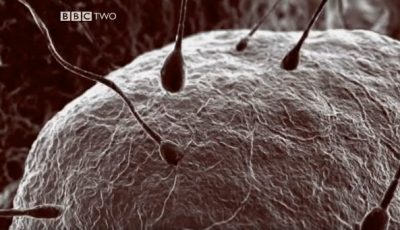
Cell division | i-Science
Cell division | i-Science
What is the role of mitosis and meiosis in the human body?
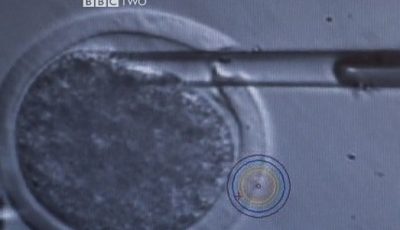
Clones | i-Science
Clones | i-Science
Daphne and Barbara are so similar because they are clones, two people who have exactly the same genetic makeup. When their mother was pregnant, her fertil...
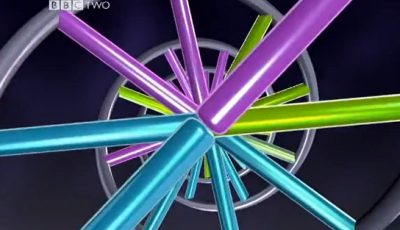
Gene therapy for cystic fibrosis | i-Science
Gene therapy for cystic fibrosis | i-Science
Spec references J247: B6.3l J250: B6.3i. An example of a genetic disease, cystic fibrosis. Someone sharing their experiences of ...

i-Science
i-Science
A fun, engaging and relevant programme, inspiring the viewer to consider the science within and how scientific process can be used to test ideas and develop theori...
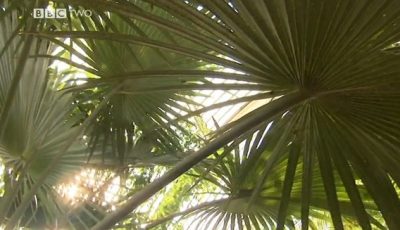
Rate of photosynthesis | i-Science
Rate of photosynthesis | i-Science
Photosynthesis is the chemical reaction through which plants make glucose and oxygen. It is crucial to all life on Earth because it is the...
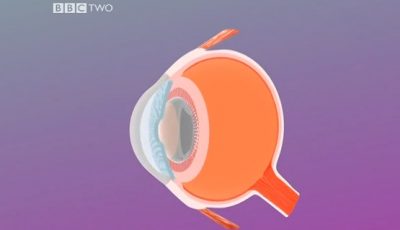
The eye | i-Science
The eye | i-Science
Specialist eye surgeons at the world famous Moorfields Eye Hospital in London, use some of the most technically advanced equipment to take a look inside ...
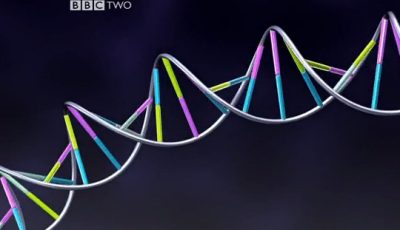
The human genome | i-Science
The human genome | i-Science
Whether genetic technology causes social harms is really up to us and how we choose to use it.
More resources about Selective breeding and genetic engineering

02: Predictor | How to Build a Human
02: Predictor | How to Build a Human
A look at the veracity of scientists' claims that they are on the verge of being able to predict our futures by analysing our genes and ...
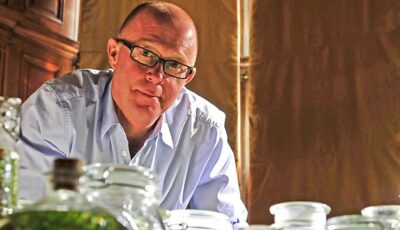
3: Hidden World | Botany: A Blooming History
3: Hidden World | Botany: A Blooming History
Timothy Walker looks at how pioneer botanists unlocked the patterns found in different types of plants and opened the door to a ...
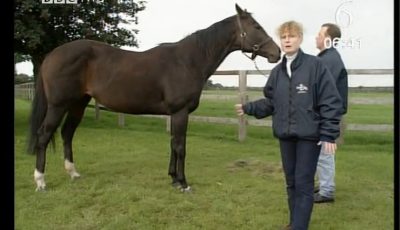
Artificial selection | Short Circuit
Artificial selection | Short Circuit
The breeding of racehorses with desirable characteristics is an example of artificial selection.
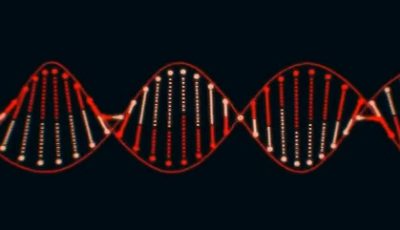
Brave New World | Storyville
Brave New World | Storyville
There are many moral and ethical concerns about the extent to which science should utilise our knowledge of genetic engineering.
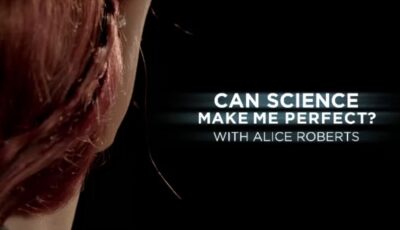
Can Science Make Me Perfect? with Alice Roberts
Can Science Make Me Perfect? with Alice Roberts
Anatomist Alice Roberts embarks on a quest to rebuild her own body from scratch, taking inspiration from the very best design...
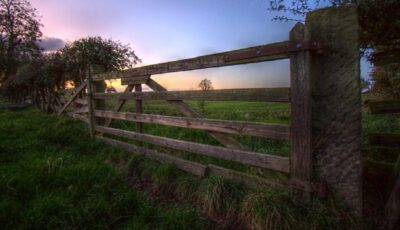
Consultation announced on gene editing | Farming Today
Consultation announced on gene editing | Farming Today
The government are going to hold a consultation in the autumn on whether to allow gene editing. Charlotte Smith hears ...
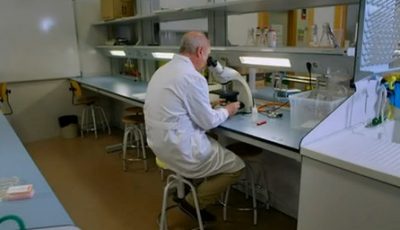
Discovering the holy grail | Storyville
Discovering the holy grail | Storyville
A yoghurt company discovered their holy grail, which just happened to be CRISPR: a microbial immune system.
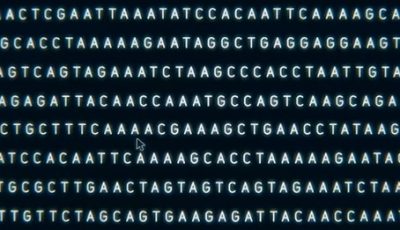
Engineering the genome | Storyville
Engineering the genome | Storyville
Gene therapy, is contoversial, complex, yet valuable science.
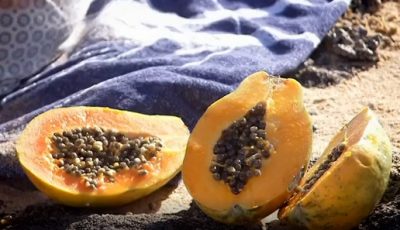
Genetically Modified Papaya | Bang Goes the Theory
Genetically Modified Papaya | Bang Goes the Theory
An examination of the need for, and the potential issues with, the genetic modification of papayas in Hawaii.
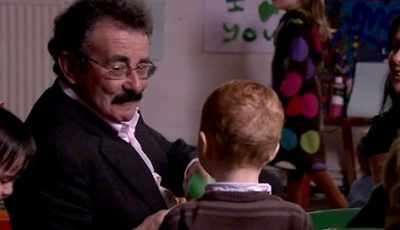
IVF | How Science Changed Our World
IVF | How Science Changed Our World
Professor Robert Winston meets families who benefitted from breakthrough's in research which lead to IVF treatments.
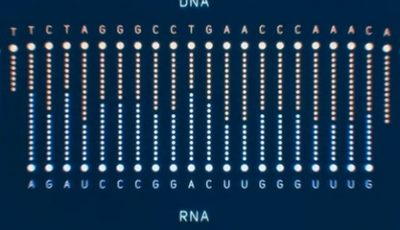
Programmable protein | Storyville
Programmable protein | Storyville
CRISPR could potentially help people with inherited diseases, such as sickle cell disease, in the future.

Robert Bakewell | Countryfile
Robert Bakewell | Countryfile
Adam finds out about his farming hero, Robert Bakewell. Back in the 18th century, Bakewell introduced the concept of selective breeding into fa...
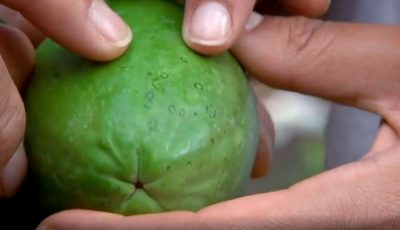
S4E6 | Bang Goes the Theory
S4E6 | Bang Goes the Theory
Liz Bonnin looks at the controversial science of genetically modified crops in Hawaii, while Dallas tries to remedy Jem's dust allergy by making ...

Selective breeding | Countryfile
Selective breeding | Countryfile
For thousands of years we have been selectively breeding farm animals to make them more and more productive. But in recent years there has b...

Selective breeding and the 'Green Revolution' | Botany: A Blooming History
Selective breeding and the 'Green Revolution' | Botany: A Blooming History
Norman Borlaug used selective breeding techniques to improve wheat production in Mexico. He produc...

The Gene Race | Horizon
The Gene Race | Horizon
Two teams of researchers, one in US, one in UK use radically different genetic techniques in the race to find an effective treatment against cystic f...
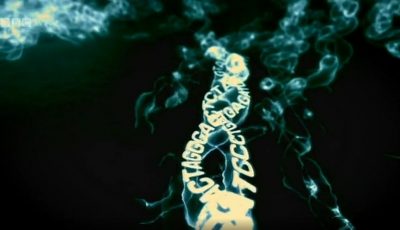
The genetic modification debate | Science Britannica - Learning Zone
The genetic modification debate | Science Britannica - Learning Zone
Brian Cox explores the science behind the genetic modification of plants, and the ongoing debate around ...

The human genome | i-Science
The human genome | i-Science
Whether genetic technology causes social harms is really up to us and how we choose to use it.
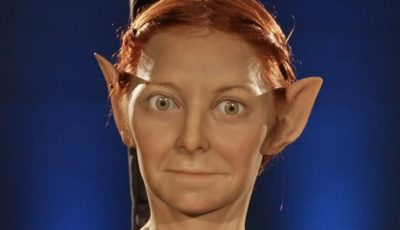
The perfect human? | Can science make me perfect? With Alice Roberts
The perfect human? | Can science make me perfect? With Alice Roberts
What evolution has provided us with is a human body that works as a whole package: you can't replace ind...
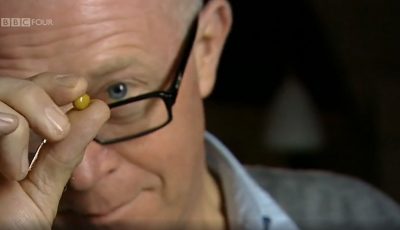
Variation, inheritance and the work of Mendel | Botany: A Blooming History
Variation, inheritance and the work of Mendel | Botany: A Blooming History
How pioneer botanists opened the door to a new branch of science - plant genetics.
